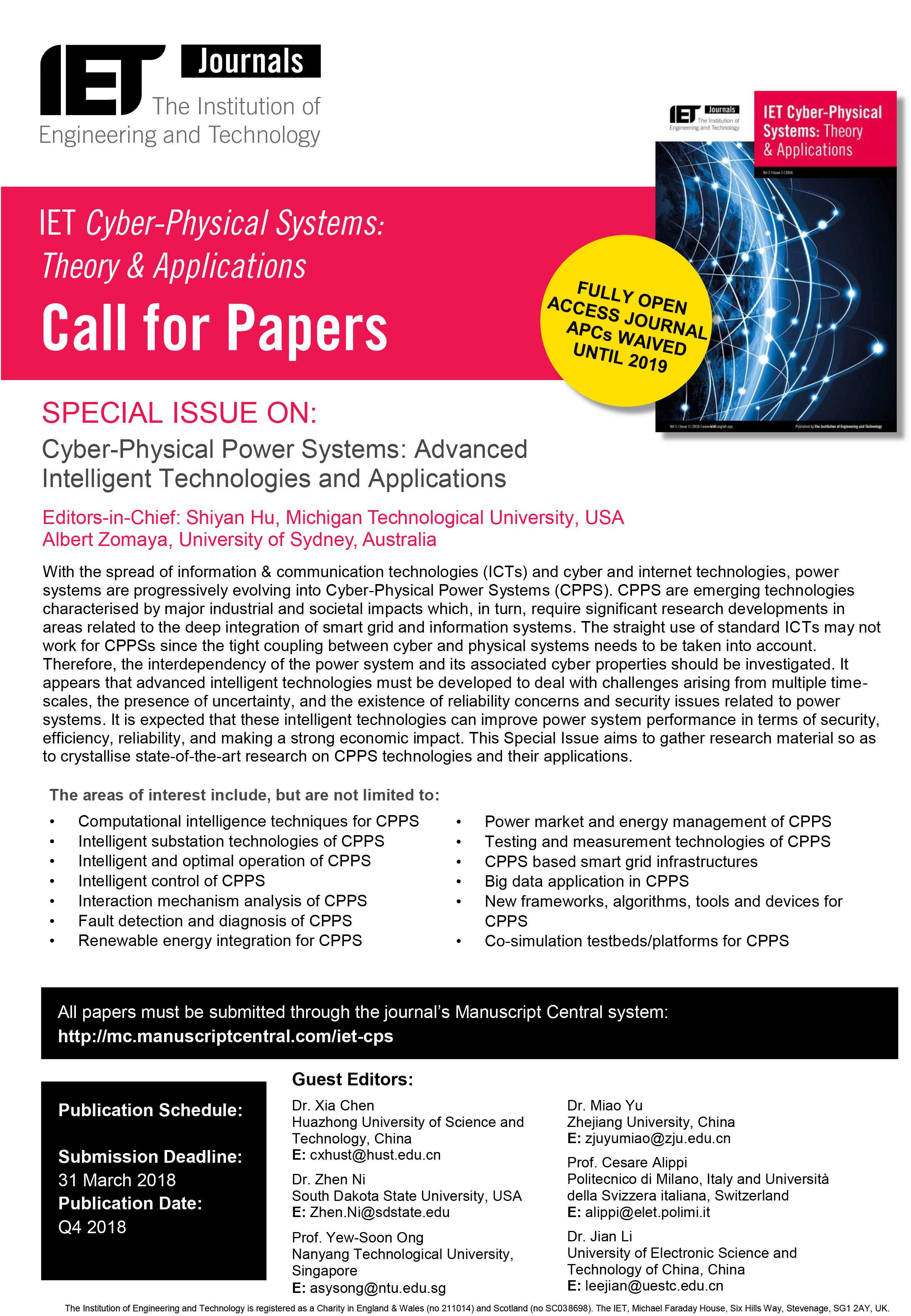|
Wireless charging, a revolutionary technology, has gained significant momentum in recent years. As we increasingly rely on electronic devices for our everyday tasks, the demand for efficient and convenient charging methods has grown exponentially. This article explores the concept of wireless charging, its benefits, and its potential impact on various industries. Wireless charging, also known as inductive charging, is the process of transferring power from a charging pad or station to a device without the need for physical cables or connectors. This technology utilizes electromagnetic fields to transmit energy, enabling seamless charging experiences. The implementation of wireless charging has been predominantly seen in smartphones, smartwatches, and other portable electronic devices. One of the primary advantages of wireless charging is convenience. By eliminating the hassle of tangled cords and connectors, users can simply place their devices on a charging pad and have them charged effortlessly. This eliminates the need for multiple chargers and cables, streamlining the charging process and reducing clutter. Moreover, with the increasing adoption of smart home devices, such as voice assistants and IoT devices, wireless charging allows for a seamless integration of these technologies into our daily lives. Another significant benefit of wireless charging is its potential for enhanced durability. Traditional wired chargers often suffer from wear and tear due to repeated plugging and unplugging. In contrast, wireless charging eliminates this physical stress on both the charging port of the device and the charging cable, potentially prolonging the lifespan of the device. Additionally, the absence of physical connectors reduces the risk of connector damage or corrosion, leading to improved reliability. Wireless charging also holds promise for transforming various industries. In the automotive sector, for example, electric vehicle (EV) manufacturers are incorporating wireless charging systems into their designs. This technology allows EV owners to charge their vehicles conveniently at home or public charging stations without the need for manual cable connections. Similarly, the healthcare industry is exploring wireless charging for medical devices, enabling doctors and healthcare professionals to seamlessly charge and monitor critical equipment. Despite its many advantages, wireless charging does have some limitations. The efficiency of wireless charging is currently lower compared to traditional wired charging methods. Energy loss occurs during the transmission process, leading to slower charging times. However, ongoing research and development efforts are focused on improving the efficiency of wireless charging systems to address this concern. In conclusion, wireless charging presents a promising future for the world of technology. Its convenience, durability, and potential impact on various industries make it an exciting area of innovation. As the demand for wireless charging continues to rise, we can expect further advancements in this field, leading to faster charging speeds, increased compatibility, and broader adoption across a wide range of devices. The era of wireless power transfer is upon us, redefining the way we charge our electronic devices and shaping the future of technology.  |
